6 Ways to Make Vermont’s Climate Action Plan Better
State officials need to hear your voice in crafting this plan, which helps us achieve our mandatory climate targets.
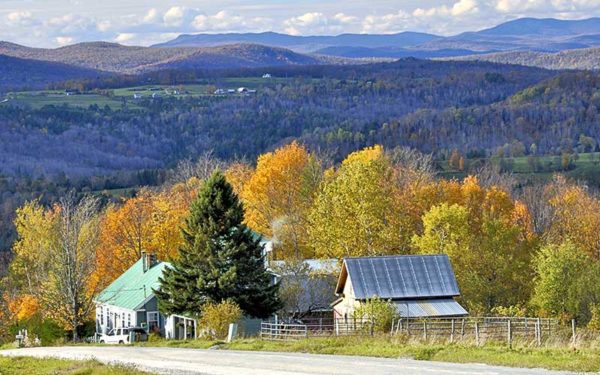
State officials need to hear your voice in crafting this plan, which helps us achieve our mandatory climate targets.

Our regional electricity grid operator, ISO-New England, must stop supporting the dirty fossil fuels at the root of the climate crisis.

“President Biden’s ambitious goal promises the aggressive push we need to confront the existential threat that is the climate crisis,” said CLF President Bradley Campbell. “Several New England states have already committed to strong, science-based reductions in climate-damaging emissions, and it’s time the rest of the country catches up with our leadership.”
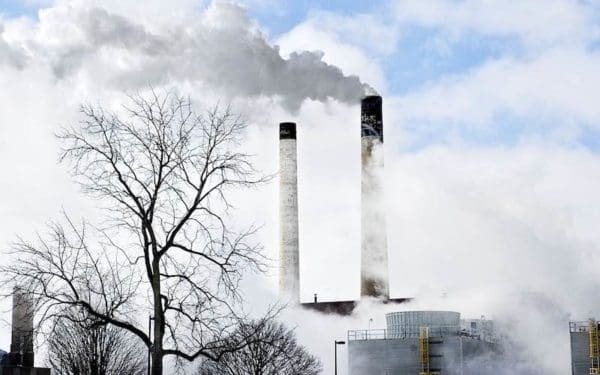
We find ourselves on the cusp of a sea change in how we transport people and goods as we urgently work to cut the climate-damaging emissions that spew from New Englanders’ tailpipes.
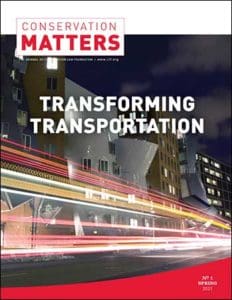
The multi-state Transportation and Climate Initiative falls well short of its potential. Here’s what needs to happen to make it a powerful tool for redressing inequities in our communities and cutting climate-damaging emissions.
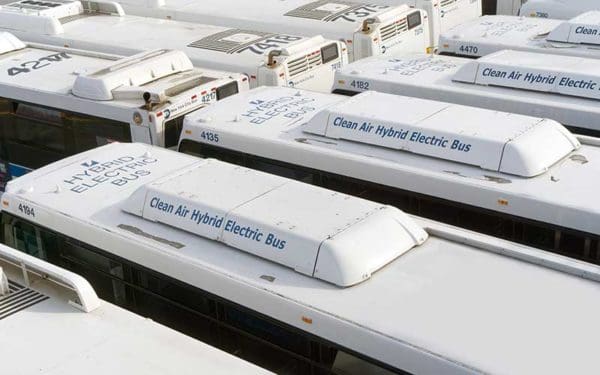
Nearly half of all homes in Massachusetts rely on gas for heating, which contributes significantly to the state’s greenhouse gas emissions. Ending this reliance on a climate-damaging fossil fuel could take decades. That’s why the work must start now, especially if the Commonwealth is going to meet its 2050 targets for cutting its overall carbon emissions.

New England is no stranger to climate action. So, as I look to 2021, I see New England continuing to lead on climate.
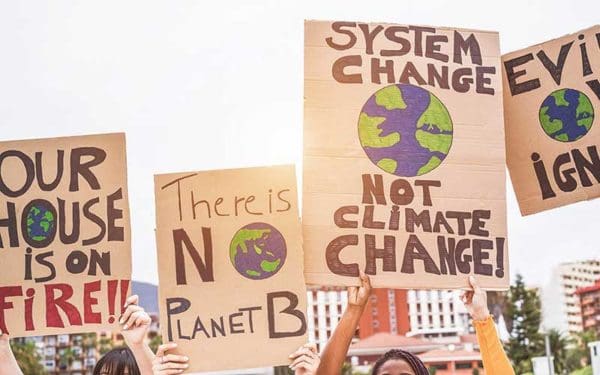
“Climate change is an urgent public health crisis and procrastination and denial are not solutions,” said Jen Duggan, Vice President and Director of Conservation Law Foundation Vermont. “Our legislators clearly understand the reality and provided the leadership necessary to fight this crisis with everything we’ve got. It’s time to get to work so that no one is left behind.”

“The COVID pandemic has exposed what happens when we fail to plan for an emergency,” said Jen Duggan, Vice President and Director of CLF Vermont. “This bill will make sure that we don’t make the same mistake when it comes to the urgent threat of the climate crisis. It will also help make our communities stronger and boost our economic recovery from COVID-19. Governor Scott must sign it into law so we can get to work.”

“Electric cars, trucks, and buses are the future,” said CLF Senior Attorney Emily Green. “Cutting transportation emissions to zero is a critical piece of confronting the climate crisis and protecting public health from toxic exhaust. This is yet another example of states leading the way while the federal government turns back the clock on environmental progress.
